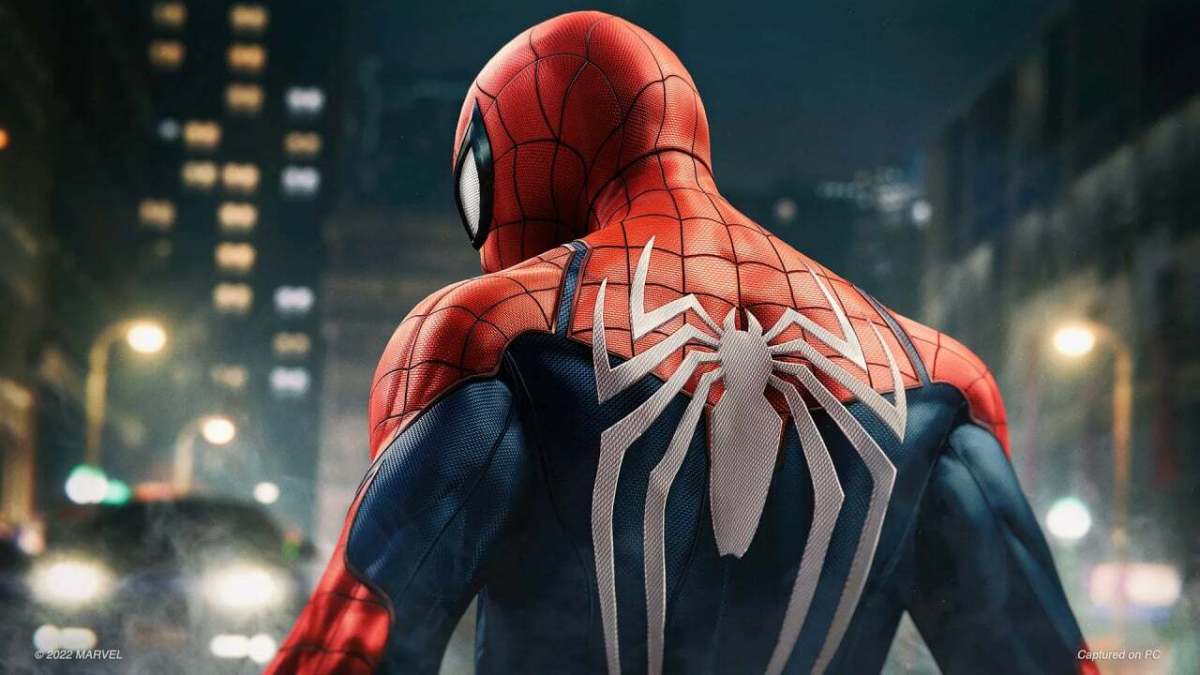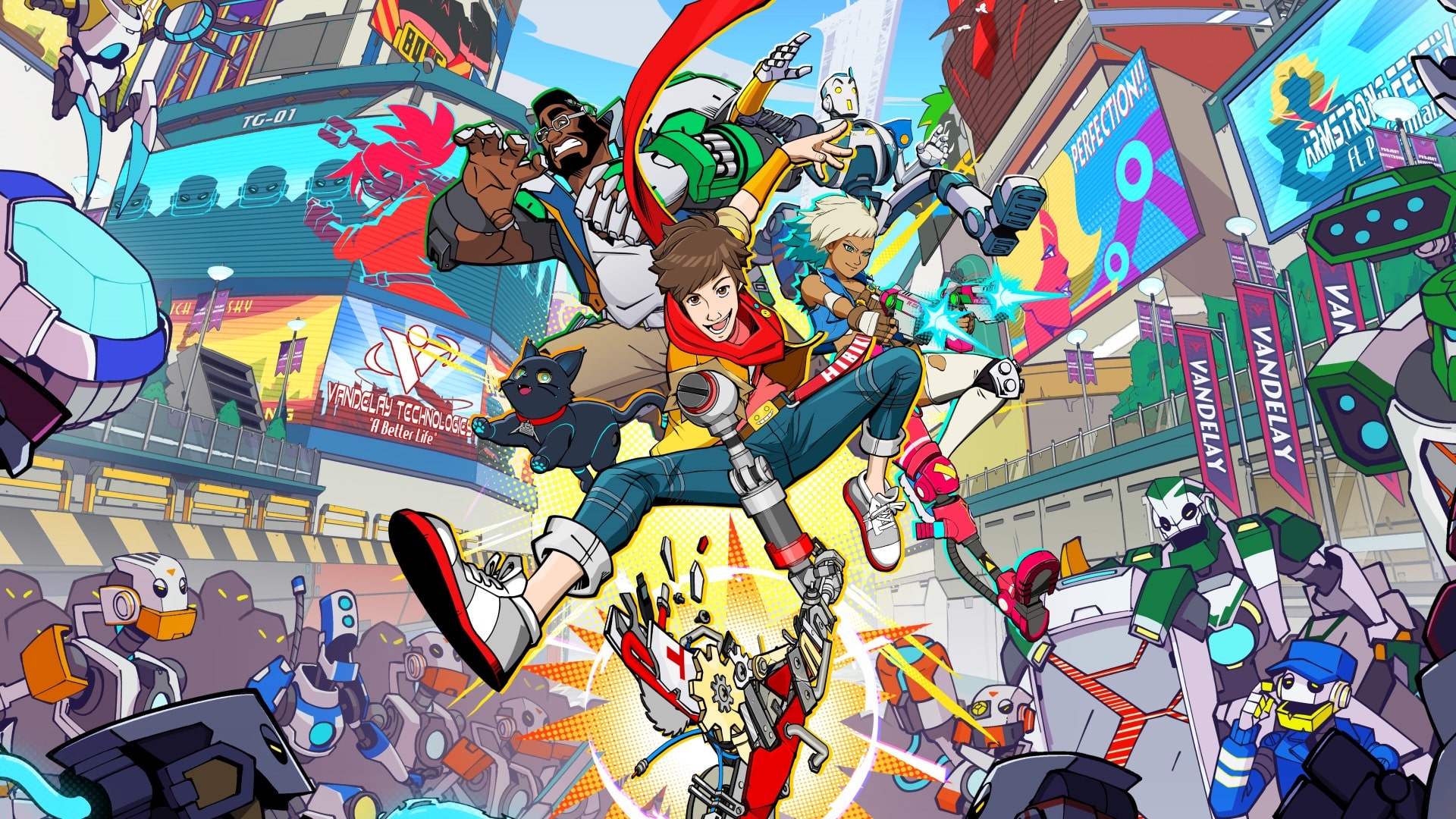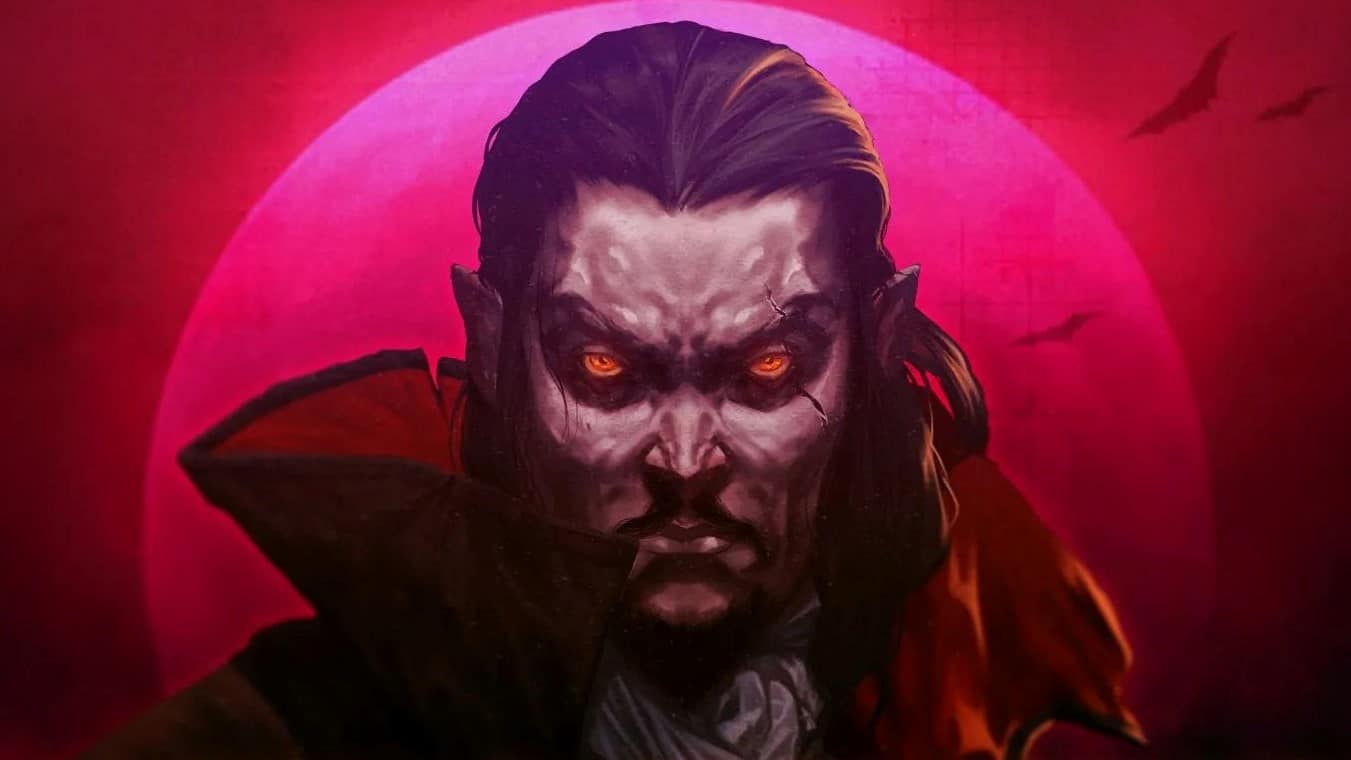SAG-AFTRA, the union representing actors for film, television, and other entertainment, has voted unanimously to send a strike authorisation vote to its members currently working in the video games industry. Should the vote have a positive outcome, actors negotiating upcoming contracts with 10 major video game companies will have the authority to strike, if certain agreements are not met.
The companies involved in these negotiations include: Activision, Blindlight, Disney Character Voices, Electronic Arts, Epic Games, Formosa Interactive, Insomniac Games, Take 2 Productions, VoiceWorks Productions, and WB Games.
Actors are seeking an array of protections for working within the video games industry – most notably, protection against AI exploitation – which was a core concern that contributed to both the ongoing writer’s and actor’s strikes in Hollywood.
SAG-AFTRA is also calling for a retroactive wage increase of 11%, and the inclusion of on-set medics for any dangerous or risky work required – as is currently necessary for similar work on TV and film sets.
Read: Conscious casting in the world of voice over acting
“Once again, artificial intelligence is putting our members in jeopardy of reducing their opportunity to work,” Fran Drescher, SAG-AFTRA president said of the secondary strike vote against the video games industry. “And once again, SAG-AFTRA is standing up to tyranny on behalf of its members.”
“The voice and performance capture artists who bring video game characters to life deserve a contract that reflects the value they bring to the multibillion-dollar gaming industry,” said Duncan Crabtree-Ireland, SAG-AFTRA negotiation director.
“Voice and performance capture AI are already among the most advanced uses of AI… Without contractual protections, the employers are asking performers to unknowingly participate in the extinction of their artistry and livelihoods.”
Contract negotiations between SAG-AFTRA and the 10 video game companies included in the Interactive Media Agreement are expected to take place in late September and October 2023, with the strike authorisation vote set to conclude by 25 September. This way, the actors involved in the strike will have bargaining power when the new Interactive Media Agreement is discussed.
Notably, the strike authorisation does not guarantee a strike will take place in the video games industry.
Given precedent, and that the film and TV industries are currently bottlenecked by strikes caused by studios unwilling to compromise during negotiations, there is hope the 10 major game companies involved will be willing to negotiate fair terms for the new Interactive Media Agreement.
That said, with the original agreement now expired – and SAG-AFTRA claiming studios have so far “failed to address [their] needs” – we expect there may be a longer road ahead.





